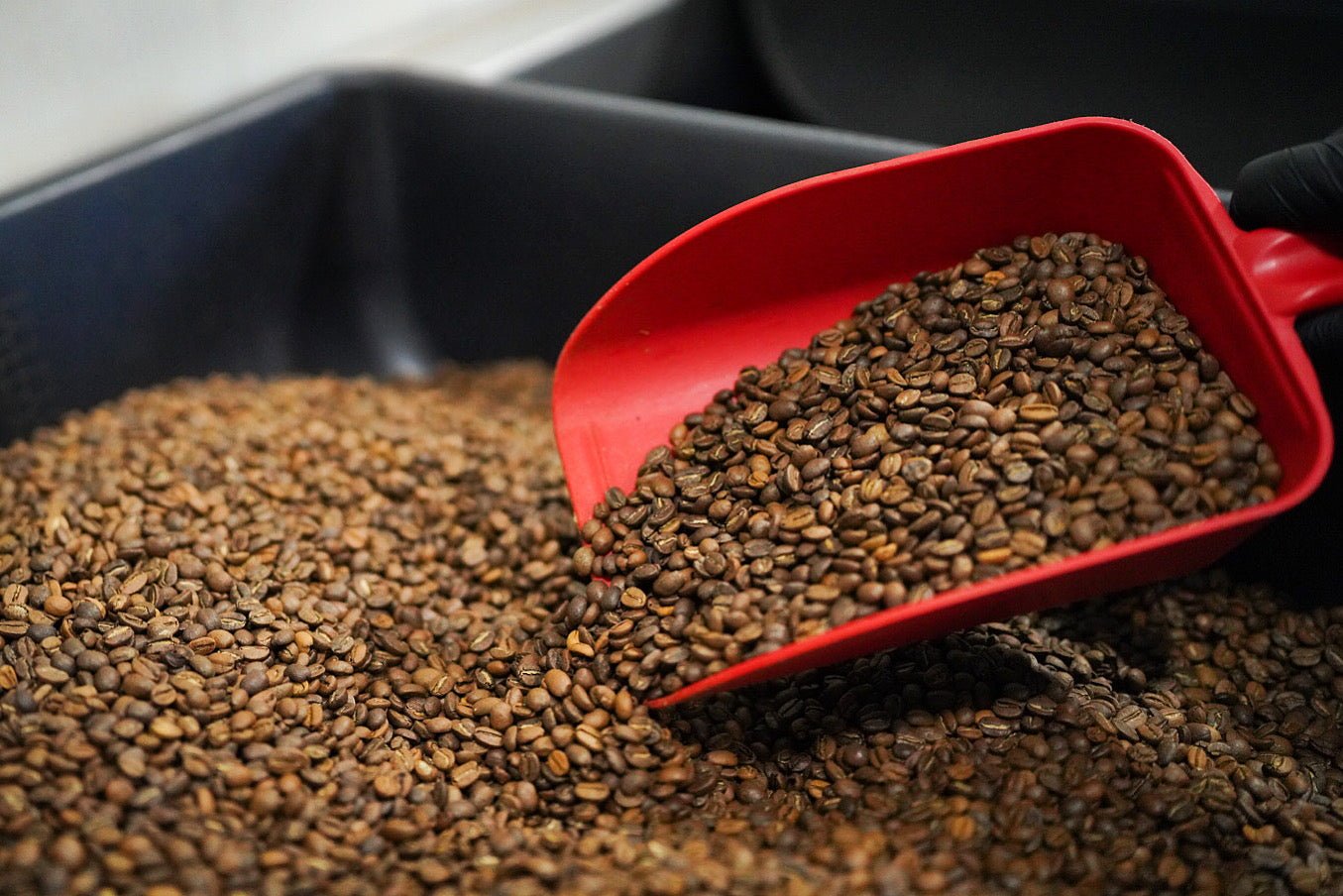Coffee Grounds and Plants
Coffee grounds are often considered a valuable resource for gardeners and farmers because of their potential to enrich soil and support plant growth. Coffee grounds contain a number of beneficial nutrients, including nitrogen, phosphorus, and potassium, which are essential for plant growth and health. In addition, coffee grounds are an excellent source of organic matter, which helps to improve soil structure and fertility, as well as promote healthy root growth.
However, coffee grounds can also have some drawbacks when used in the garden. For example, coffee grounds can be acidic, with a pH level that ranges from 4.5 to 6.5. While this acidity can be beneficial for acid-loving plants like azaleas, blueberries, and rhododendrons, it can be too harsh for other plants, especially if the coffee grounds are used in large quantities. In these cases, it is important to adjust the soil pH with lime or other soil-buffering materials, or to mix the coffee grounds with other, less-acidic compost materials.
Another factor to consider when using coffee grounds in the garden is that they can also contain caffeine, which can be toxic to certain plants. However, the levels of caffeine in coffee grounds are generally low, and most plants are able to tolerate small amounts without any problems.
Despite these potential drawbacks, many gardeners and farmers find that coffee grounds are a useful and versatile resource that can help to improve soil health, promote plant growth, and reduce waste. To make the most of this resource, it is important to understand the unique properties of coffee grounds, and to use them in moderation, in combination with other compost materials, and in ways that are tailored to the specific needs of your plants.
Overall, coffee grounds can be an excellent resource for gardeners and farmers, but it is important to use them carefully and with a good understanding of their properties and potential effects on soil and plants. By taking these considerations into account, you can enjoy the many benefits of using coffee grounds in the garden, while avoiding any potential harm to your plants.


